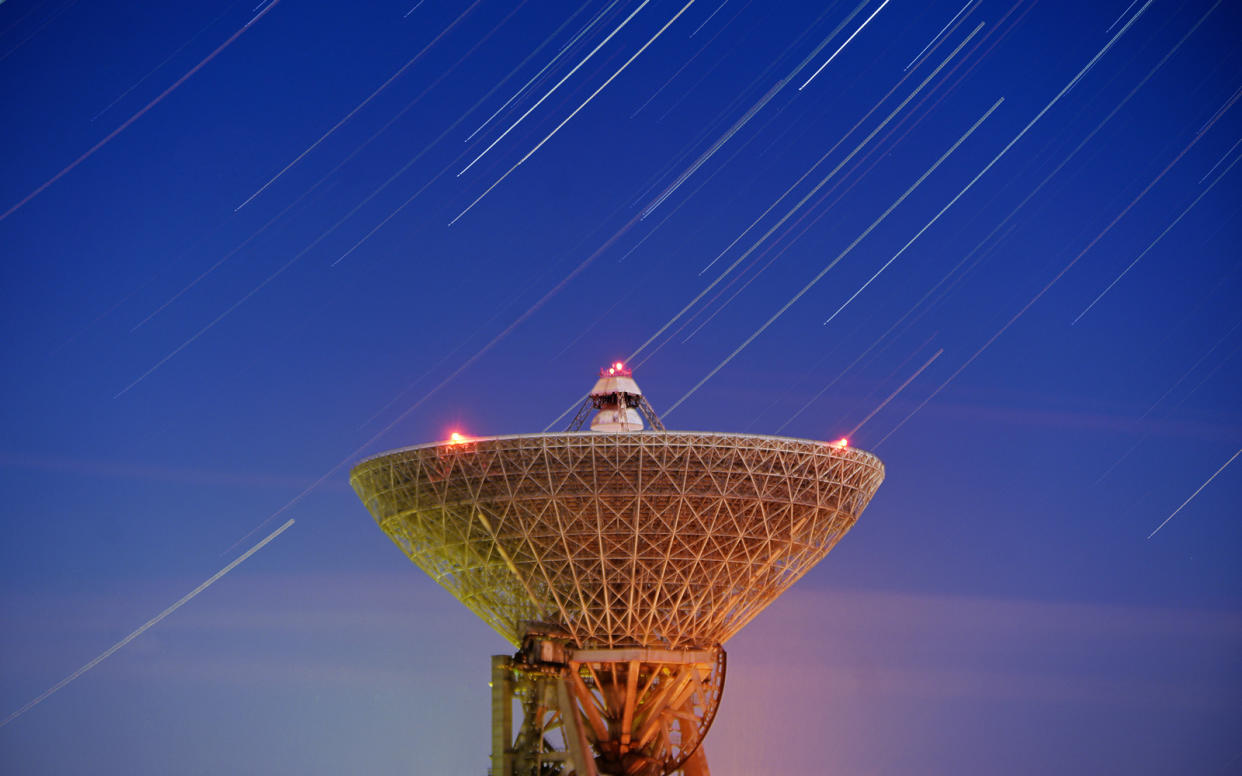Geminids Meteor Shower December 2017: Where and What Time to Watch

The most impressive holiday lights this year may not be on your overly festive neighbor?s front porch. Instead, look to the skies to see what experts are calling the year?s greatest display of shooting stars. The Geminid Meteor Shower is tonight.
What is the Geminid Meteor Shower?
This annual celestial event is made up of remnants from a massive meteor called 3200 Phaethon. It actually began on December 7 and will continue until December 17, but the shower will be at its most spectacular on the night of December 13 and into December 14. Stargazers may be able to see as many as 120 shooting stars per hour, or one shooting star every 30 seconds, making this an event you won?t want to miss.
Additionally, it may be possible to witness a multicolored ?Earth-gazer? fireball shooting through the sky, which is an intensely bright meteor that will enter and exit Earth?s atmosphere.
Geminid Meteor Shower 2017 Location and Where to Look
Unlike last year?s display, 2017?s Geminid shower will not be overshadowed by a supermoon. Instead, the crescent moon will be waning toward a new moon, making the skies dark and largely devoid of moonlight: a perfect environment for stargazing and seeing this December meteor shower.
Keep your eyes peeled: These shooting stars may come from anywhere in the night sky and will not only appear to originate from Gemini.
Although viewers should be able to see the meteor shower from anywhere in the Northern and Southern Hemispheres, those wanting to witness the most dazzling show should still make their way to darker, more remote locations, away from flooding city lights. A local field, park or nature reserve will likely afford watchers the best view of the spectacular shooting stars.
Geminid Meteor Shower 2017 Time
Although you can begin to search the skies anytime after night falls, it?s likely you won?t be able to see much activity until at least 9 p.m. However, if you?re willing to stay up a it later, the best time to see the Geminid meteor shower should be around 1 a.m. to 2 a.m. EST.
When is the Next Geminid Meteor Shower?
If you?re missing out on tonight?s show, the Geminids 2018 will return on the same dates next year, but will instead peak on a Monday night.

